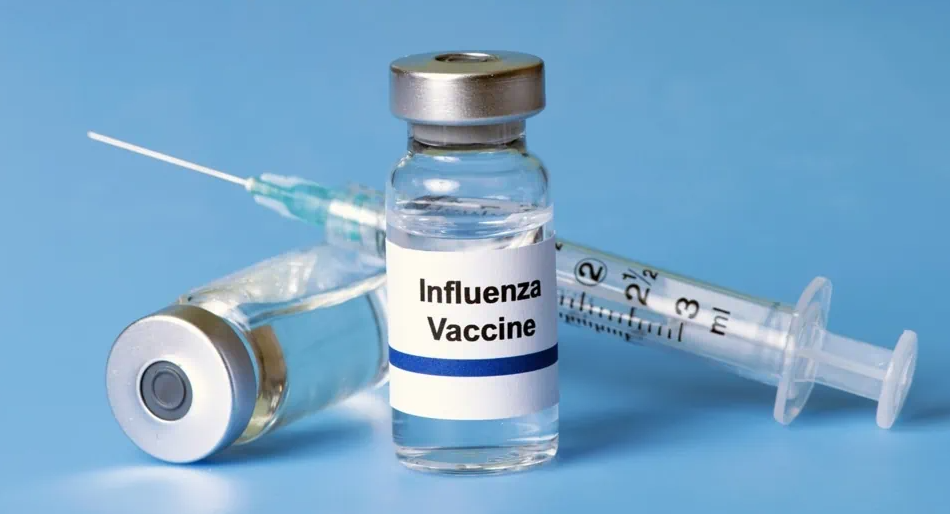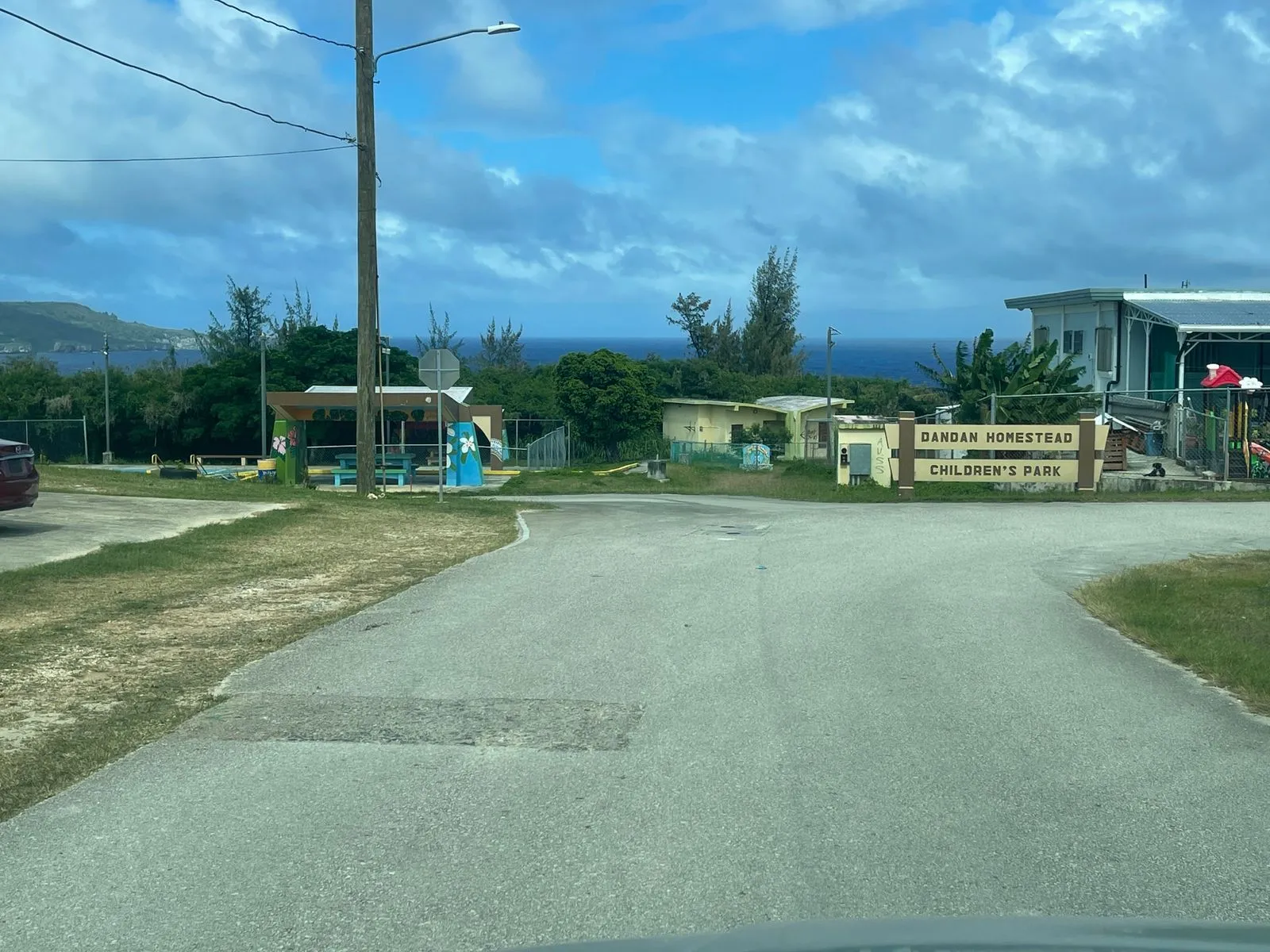
(CHCC) — The Commonwealth Healthcare Corporation Epidemiology Laboratory Capacity Program has identified an increase in the number of influenza-like-illnesses or ILI and is advising residents in the Commonwealth of the Northern Mariana Islands to take necessary precautions such as annual flu vaccinations and best hygiene practices to stay healthy.
Viruses that can cause ILI include Influenza A and Influenza B types, both of which are common in the CNMI. These viruses are easily spread through air droplets produced through sneezing, coughing, or simple in-person communication from across a room, especially if the proper precautions are not considered.
ILI symptoms usually last three to five days, with most individuals recovering without medical attention. Therefore, take caution if someone in your household is ill. People of all ages can get infected, but specific higher risk groups are at higher risk of ILI complications and hospitalizations. They include the following:
• Adults 65 years and older,
• Pregnant women,
• Young children (under 5 years old), and
• Individuals with pre-existing conditions (e.g. asthma, diabetes, cancer, heart disease, chronic kidney disease).
Therefore, protect yourself and others by:
• Getting vaccinated. This is the first and most important action in reducing your risk of ILI and its potentially serious outcomes. Especially for higher risk groups to decrease their risk of severe flu illness. The United States Centers for Disease Control and Prevention recommends everyone six months and older get an annual flu shot. For more information about vaccines and availability, call (670) 236-8745
• Taking preventative action. Avoid close contact with people who are sick, cover coughs and sneezes, wash your hands often with soap and water for at least twenty seconds, and avoiding touching your eyes, nose, and mouth.
• Staying home and resting. If you or your family members feel unwell, it very important to stay home to properly recover. Avoid close contact with other people in your home and the community to prevent the spread of ILI, drink plenty of water to prevent fluid loss (dehydration), and treat ILI symptoms with over-the-counter medication.
If you are at higher risk of severe flu illness and get flu symptoms, call your health care provider early so you can be treated with flu antivirals if needed. Antiviral drugs are different from antibiotics. They are prescription medicines and are not available over-the-counter.
Flu antiviral drugs can make flu illness milder and shorten the time you are sick.
More information on preventing the flu or ILI, can be found online at https://www.cdc.gov/flu/prevent/prevention.htm/.











